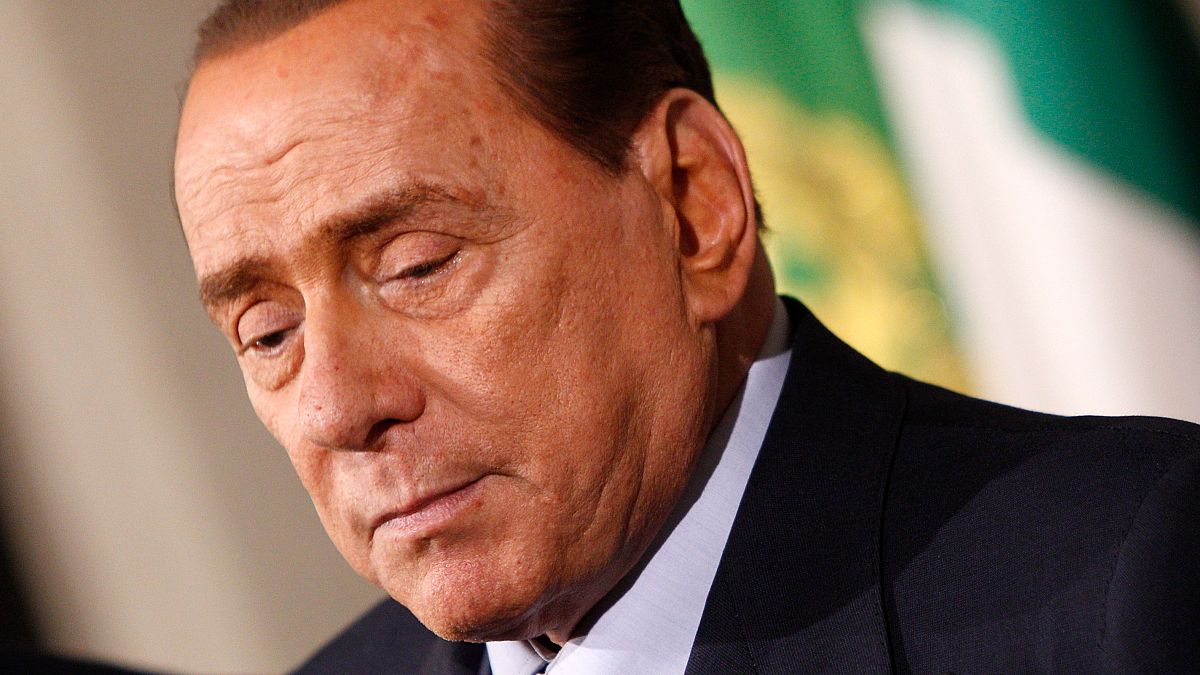The ECB did not have the right to probe Silvio Berlusconi’s holdings in Banca Mediolanum, in spite of the late Italian prime minister’s conviction for tax fraud, the EU’s highest court said today.
Silvio Berlusconi scored a posthumous win at the EU’s highest court on Thursday as part of a long-running dispute over the ownership of Milan’s Banca Mediolanum.
The late media mogul and Italian prime minister could continue his stake in an Italian bank, in spite of a conviction for tax fraud, judges at the European Court of Justice (ECJ) said.
The European Central Bank (ECB) “could not lawfully oppose Mr Berlusconi’s ownership of a qualifying holding in Banca Mediolanum,” the Court said, as he had merely “continued to own a qualifying holding which he had acquired prior to the transposition of the provisions of EU law on which the ECB had relied.”
The ECB, as the EU’s chief financial supervisor, is responsible for ensuring anyone owning more than 10% of a bank’s shares is of good repute.
In 2016, the regulator took issue with the stake held by Berlusconi, via his investment company Fininvest, in the bank, due to his fraud conviction.
But judges today said that the ECB didn’t have the right to probe a transaction that occurred when the bank was taken over by its own subsidiary, overturning a previous General Court ruling from 2022 that had found in Frankfurt’s favour.
After the financial crisis, the power to police EU banks passed from national authorities to the ECB in Frankfurt. In 2014, the Bank of Italy ordered Berlusconi to sell his shares, a decision later overturned on appeal in domestic courts.
In his colourful career, during which he served as prime minister several times, Berlusconi faced multiple trials for charges like mafia affiliation, bribery and underage prostitution – but his only conviction was in a 2013 tax fraud case.
His sentence to four years of imprisonment saw him expelled from parliament, though his lawyers told the EU court he had been effectively rehabilitated afterwards.
He died in 2023, but the case was pursued by his heirs and family members, many of whom sit on the board of Fininvest and maintain ties to his other companies, such as broadcaster Mediaset.
Spokespeople for Fininvest and the ECB did not respond to a request for comment.

